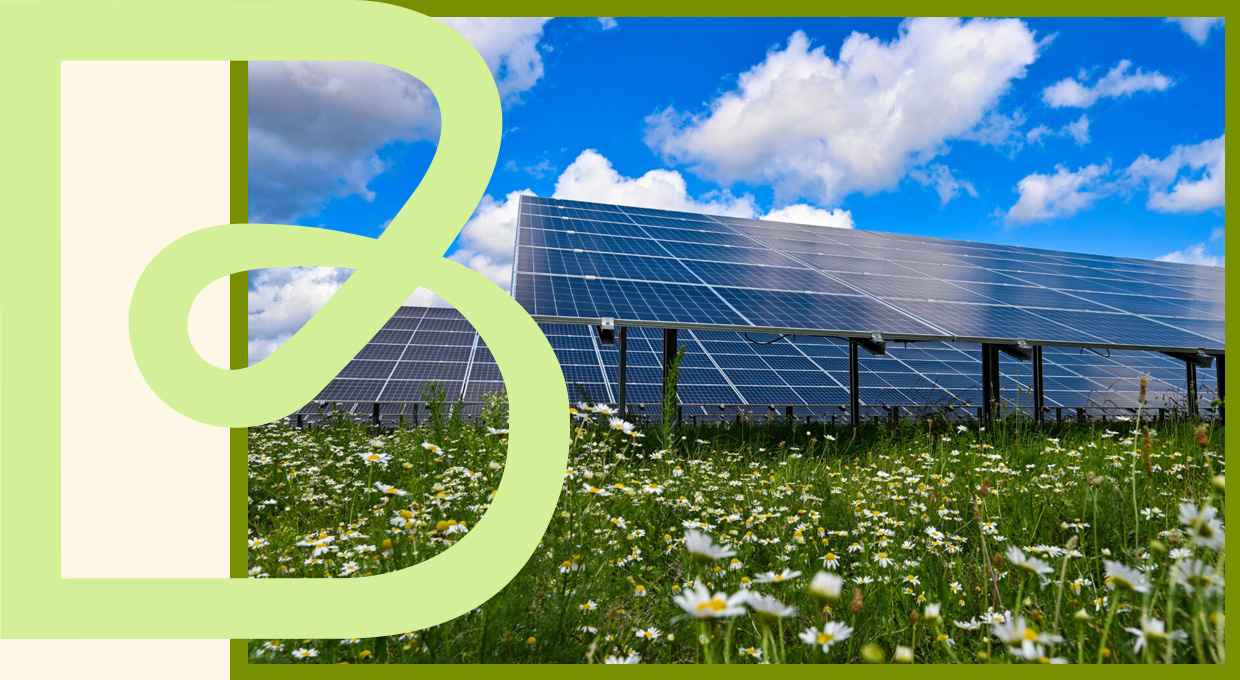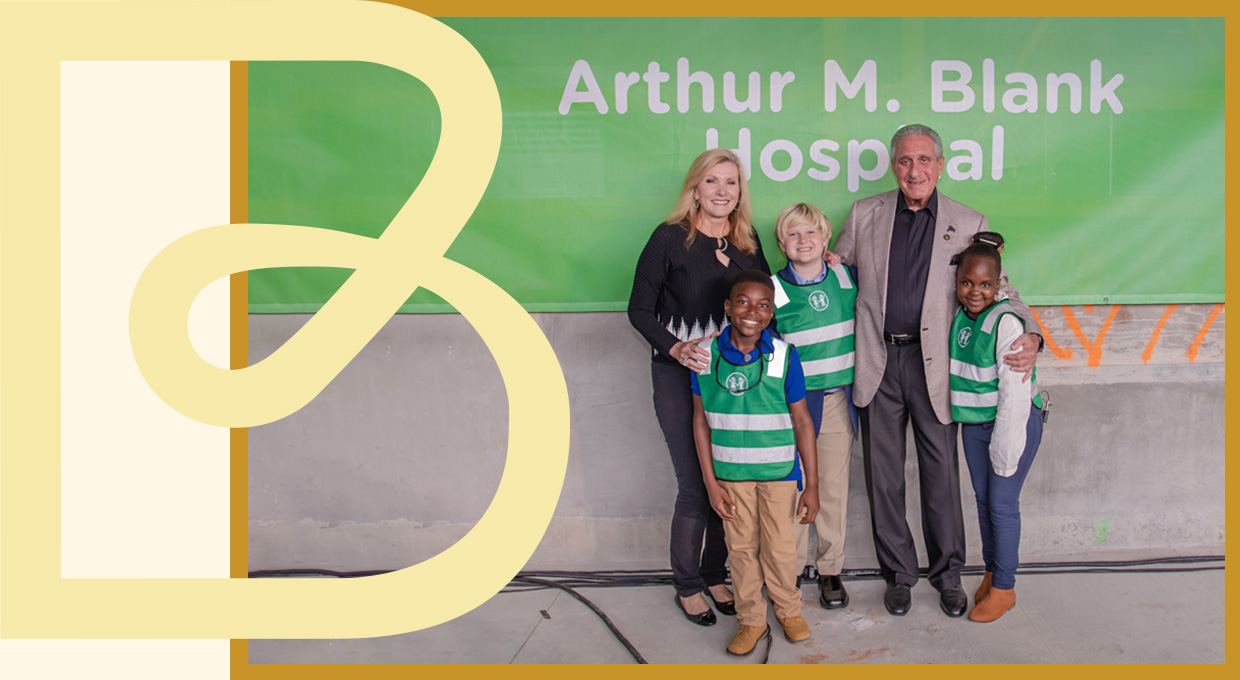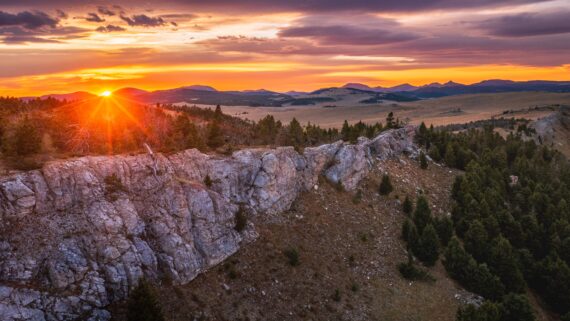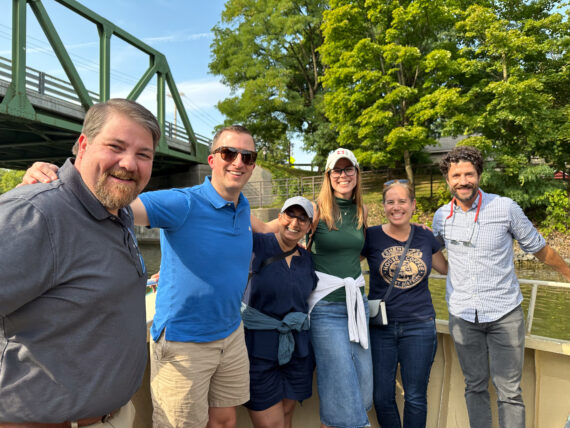Give Back to Yellowstone
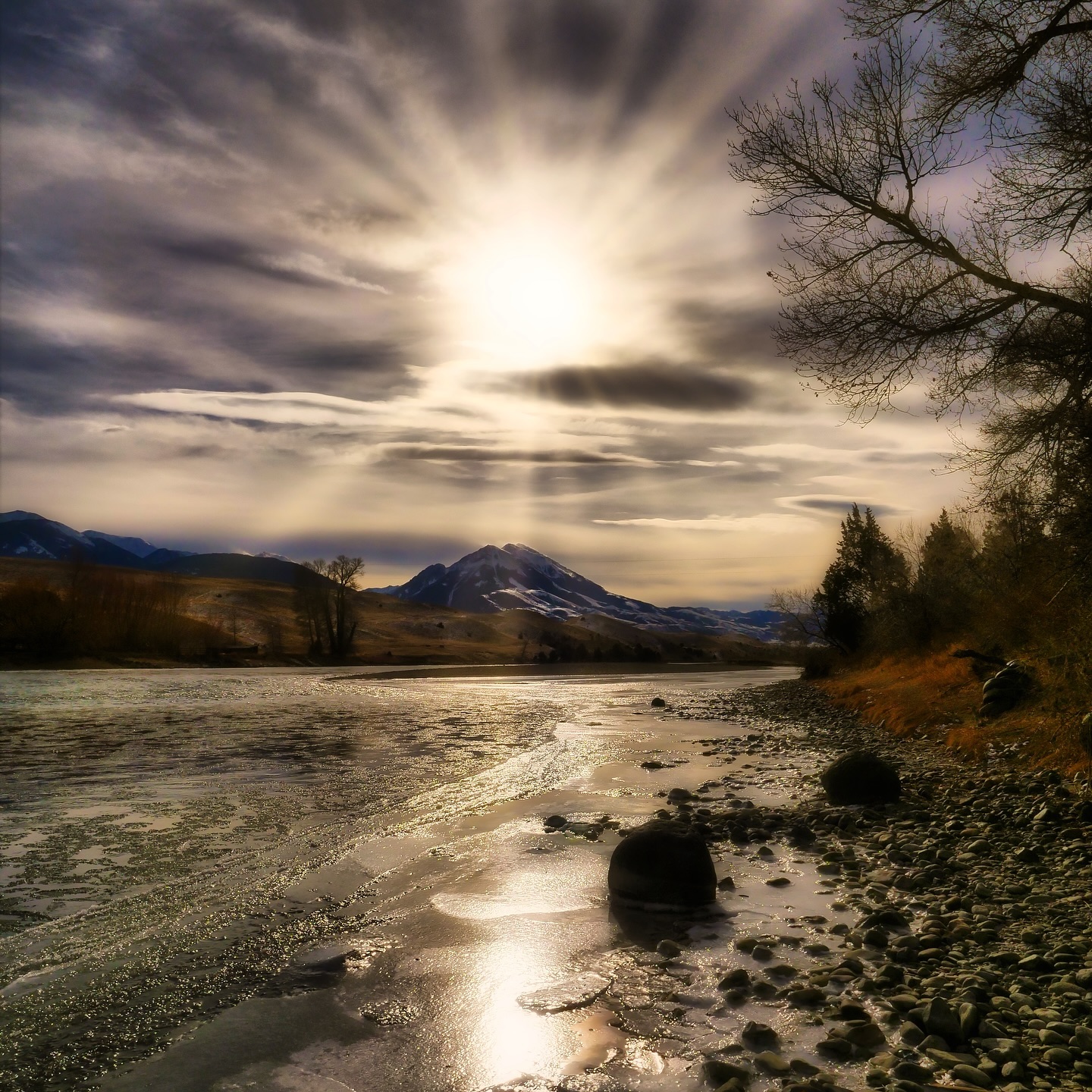
Since 2017, the Arthur M. Blank Family Foundation has supported Montana Freshwater Partners (MFP) through grants totaling $156,900. MFP is a nonprofit organization based in Livingston, Montana, that works to preserve and restore streams and wetlands throughout the state. The MFP mission is to restore, enhance and protect Montana’s rivers, streams and wetlands through science-based, innovative solutions.
MFP was founded in 2011 and began as a volunteer organization put together by local government to establish a state-wide irrigation and restoration program. Today, the organization is led by seven women and is the only all-female conservation organization in Montana.
MFP has multiple programs that support preserving the Yellowstone River, but one campaign is currently the focus of their efforts. The “Give Back to the Yellowstone” campaign aims to enhance ecosystem and community resilience and promote watershed health in the face of mounting climate change and increasing development and recreational pressures.
This work is being accomplished via a three-pronged approach that focuses on targeted restoration efforts in impaired areas of the watershed; outreach and education to bring awareness to the community at large about how a healthy river functions and how to protect the river and its floodplain; and developing risk-informed decision-making tools and data such as interactive channel migration maps and large-scale flood modeling scenarios for city and county governments.
Jeannette Blank, Project Manager at MFP, recently participated in an informative Q&A regarding the history of MFP, the organization’s priorities and the topic of women in conservation.
Q: How was Montana Freshwater Partners founded?
A:MFP, formerly Montana Aquatic Resources Services, was founded by some of the foremost water experts in the state more than a decade ago when it was observed that the state was losing its wetlands and streams to development at an alarming rate. Options for restoring a wetland or stream to prevent the loss of valuable ecosystem functions were lacking in Montana in 2011, and MFP was created to work with partners from across the state to fill that gap. We provide technical expertise and innovative, collaborative solutions to natural resource management. Over the past six years, we have increasingly focused our work on the Upper Yellowstone River, our home watershed.
Q: MFP is coincidentally a women-led organization, why do you think that is? Do you think women are becoming more interested in conservation work?
A: Women have always been drawn to grassroots community work. Today more than ever, we are seeing more women in conservation leadership positions and in the field collecting data and implementing restoration projects. Women are a natural fit for conservation work because we are natural leaders, collaborators and mentors. More and more women are also earning advanced STEM degrees and gaining the professional and technical experience needed to fill leadership positions.
Q: What advice do you have for young girls who want to excel in land, conservation and restoration work?
A: We say go for it! This field is rewarding, challenging, diverse and will always need intelligent, inspiring and hard-working women in the future.
Q: What is a common misconception of the work you do?
A:One of the biggest challenges in river conservation and resiliency work is the pervasive misconception that rivers should be contained, tidy and static. A healthy ecosystem is one that provides numerous services, is dynamic and is resilient in the face of variability. Healthy functioning rivers and streams should actually look a little messy. That’s the sign of a thriving complex ecosystem that can adapt and change over time.
Q: Of all of MFP’s programming right now, “Give Back to the Yellowstone” is at the forefront. Why?
A: Our “Give Back to the Yellowstone” stewardship program is a major focus of our organization’s work right now. Over the last six years alone, we have seen a tremendous increase in recreational pressure on the river, an influx of new residential construction on the river banks, and we have gone through periods of extreme drought and extreme flooding. This program has continued to expand in response to the record-breaking Yellowstone River flooding in 2022 and the growing needs in our community for education around river and floodplain health and resiliency.
Q: What is the biggest takeaway you want people to know about MFP and conservation efforts?
A:If you care about your watershed, support your local watershed or conservation group. If you love a certain river, support the groups that are working hard to keep those important resources healthy. And above all, be aware of your own impacts on these special places.
The Yellowstone River is the longest free-flowing river in the contiguous U.S., and it’s not immune to threats. The work being done by MFP to address these threats benefits people, communities and, most importantly, our shared natural environment.
Stay Connected
Stay up to date with stories of impact, grants in your neighborhood and other interesting foundation news.
By submitting this form, you are consenting to receive marketing emails from: Arthur M. Blank Family Foundation. You can revoke your consent to receive emails at any time by using the SafeUnsubscribe® link, found at the bottom of every email. Emails are serviced by Constant Contact





